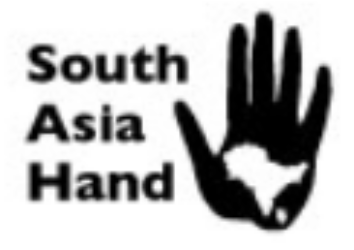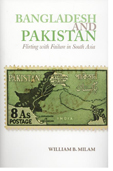 A review essay by Teresita C. Schaffer of five books about South Asia: Afghanistan: A Cultural and Political History, by Thomas Barfield; The Other War: Winning and Losing in Afghanistan, by Ronald E. Neumann; Decoding the New Taliban: Insights from the Afghan Field, by Antonio Giustozzi; Asymmetric Warfare in South Asia: The Causes and Consequences of the Kargil Conflict, by Peter R. Lavoy; and Making Sense of Pakistan, by Farzana Shaikh.
A review essay by Teresita C. Schaffer of five books about South Asia: Afghanistan: A Cultural and Political History, by Thomas Barfield; The Other War: Winning and Losing in Afghanistan, by Ronald E. Neumann; Decoding the New Taliban: Insights from the Afghan Field, by Antonio Giustozzi; Asymmetric Warfare in South Asia: The Causes and Consequences of the Kargil Conflict, by Peter R. Lavoy; and Making Sense of Pakistan, by Farzana Shaikh.
Antonio Giustozzi has put together a remarkable collection of essays on the Taliban. But do not open this book with the expectation that it will make the Afghan tangle simple or clear. On the contrary, its real contribution is that it complicates the mental models we have of Afghanistan’s tribes, the Taliban movement, and their relationships with the Afghan government, its Western friends and Pakistan.
Originally published by the International Institute for Strategic Studies in the October-November 2010 issue of Survival. Read the entire essay.


